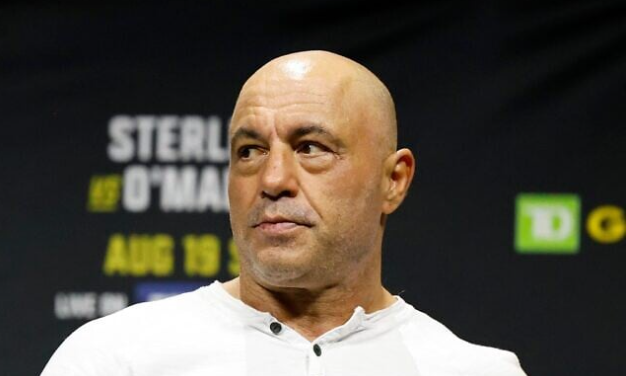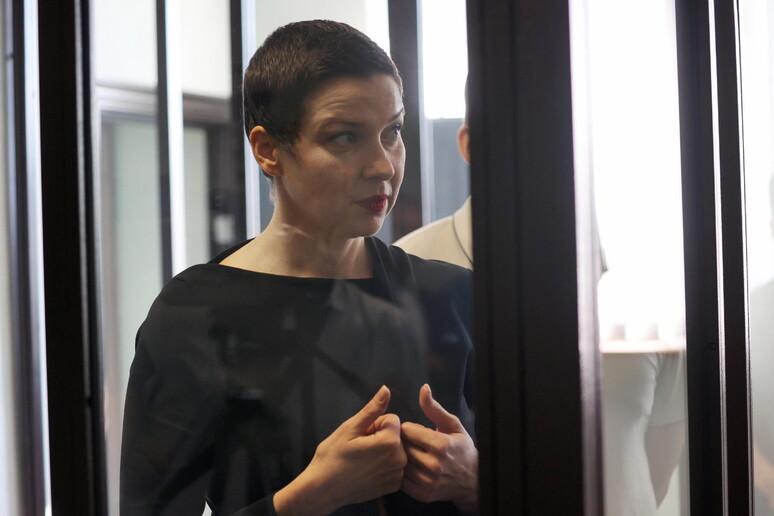Joe Rogan: When Opinions Become Politics — And Politics Becomes a Brand
Joe Rogan built his career on conversation — the kind that feels raw, curious, and unfiltered. For years, that was the magic of The Joe Rogan Experience: two people, microphones, and hours of open dialogue that often drifted into unexpected territory. It was real, human, and oddly refreshing in a media landscape filled with noise.
But somewhere along the way, those conversations started to sound less like exploration and more like persuasion. Rogan, once the curious comedian asking questions, now often sounds like a cultural commentator, or worse, a political spokesman.
The question isn’t whether Joe Rogan has the right to talk politics. Of course he does.
The question is: how much influence is too much influence when millions of people treat your opinions as truth?
The Comedian Who Accidentally Became a Commentator
Before he was the voice of a generation of skeptics, Rogan was a stand-up comic hustling through the 1990s comedy circuit. He hosted Fear Factordid sitcoms, and became the UFC’s most recognizable commentator. He was funny, intense, and always a little philosophical — but never political.
When he started The Joe Rogan Experience in 2009, it wasn’t about ideology. It was about curiosity — a place where scientists, fighters, and comedians could share stories and ideas without the time limits of traditional interviews.
That was the appeal: Joe Rogan didn’t pretend to be an expert. He was just “a guy asking questions.” But as his audience grew — to over 11 million listeners per episode — that casual curiosity began to carry weight. And with that weight came power.
Joe Rogan
The Gradual Turn Toward Politics
Rogan’s pivot into political discourse wasn’t sudden; it evolved naturally with his guests. He hosted scientists, economists, and politicians. He asked questions that others were too cautious to ask. And people listened — because it felt honest.
But what started as curiosity morphed into commentary. By 2016, Rogan was interviewing presidential candidates. By 2020, he was weighing in on election integrity, media bias, and public health policy. By 2025, The Joe Rogan Experience had become a cultural megaphone — a place where politics, ideology, and public opinion collided in real time.
Rogan insists he’s not political, he says he’s a centrist, open-minded, “just trying to figure things out.” Yet, that position itself has become political. His critiques of the left, his skepticism toward mainstream science, and his endorsement of certain conservative-leaning guests have turned him into a symbol for a new kind of contrarian populism: anti-institutional, anti-censorship, and loudly independent.
Awareness vs. Influence: When Opinions Start to Sound Like Facts
It’s easy to defend Rogan’s format as “just conversation.” But when those conversations reach millions — often without context or fact-checking — they stop being casual. They become cultural events.
There’s a fine line between raising awareness and pushing an opinion, and Rogan’s show increasingly blurs that line. When he discusses political or scientific topics, his conversational tone makes even speculative statements sound credible. His guests, often strong personalities themselves, reinforce this effect.
And while Rogan frequently admits “I might be wrong,” those disclaimers don’t travel as far as his sound bites. On social media, context disappears — leaving behind headlines like “Joe Rogan slams the media” or “Joe Rogan questions vaccines.” His opinions ripple far beyond the walls of his studio.
This is the paradox of influence in the digital age: authenticity sells, but authority sticks.
The Echo Chamber Effect
Rogan’s podcast doesn’t exist in isolation; it exists in an ecosystem that rewards outrage, commitment, and loyalty. Listeners tune in not just to hear new ideas but to hear their ideas validated.
His audience — mostly men aged 18 to 45 — is intelligent, curious, and skeptical of mainstream narratives. That’s not inherently bad. In fact, it’s part of what makes Rogan’s platform so appealing. But it also creates a risk: the illusion of independent thought in what has quietly become an ideological echo chamber.
When you repeatedly hear that the media lies, that institutions are corrupt, and that traditional experts can’t be trusted, it becomes easy to accept Rogan’s worldview as the balanced alternative. But even independence, when amplified to millions, can become dogma.

Joe Rogan
Do We Need More Opinions or More Perspective?
We live in an age of overexposure — everyone has a platform, and every platform has an agenda. Rogan’s power lies in appearing agenda-free, yet his cultural sway makes his opinions inherently political.
It raises a larger question: how many voices do we actually need shaping our political awareness?
When does awareness stop being informative and start becoming persuasive?
Rogan’s defenders argue he’s just giving people the space to think. But in an era where misinformation spreads faster than truth, even “just asking questions” can amplify confusion. The danger isn’t in Rogan’s curiosity — it’s in the certainty that often follows it among listeners.
It’s not censorship that critics want — it’s accountability. If you reach millions, you don’t just host the conversation. You shape it.
The Cult of the Conversationalist
Rogan’s charisma isn’t in doubt, his audience finds him relatable, funny, and intellectually curious. That familiarity is part of his appeal. He speaks in a way that feels unfiltered and conversational, which gives listeners the sense that he’s one of them rather than a media personality. But that very accessibility is what makes his influence so powerful, and at times, so affecting.
To his audience, Rogan isn’t a broadcaster, he’s a friend across the table, sharing drinks and unfiltered thoughts. That perceived closeness builds trust, and with trust comes authority. When he dismisses political correctness or questions public health narratives, it doesn’t register as persuasion; it registers as honesty. And that’s precisely why his influence works, not because he demands belief, but because he sounds believable.
The Double-Edged Sword of Freedom
To his credit, Rogan has never claimed to be perfect. He admits mistakes, invites dissenting guests, and occasionally issues corrections. But his show reflects a deeper cultural problem: our obsession with unfiltered truth in a world where everyone has a microphone.
Freedom of speech is vital but when speech carries influence, it demands reflection. The more political Rogan becomes, the harder it is to separate curiosity from conviction, discussion from direction.










